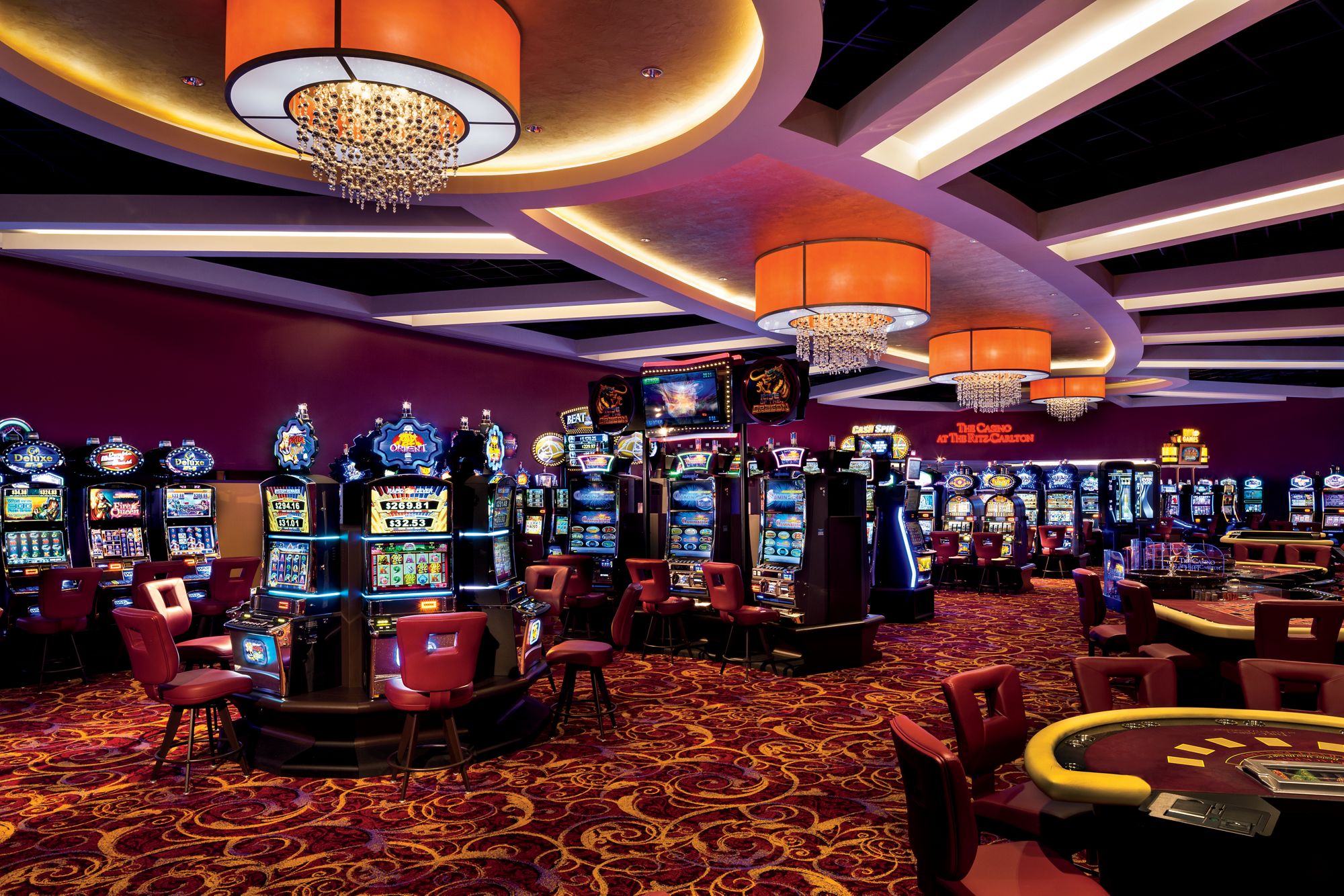In the world of gambling, in which chance and strategy meet, a unique tapestry of beliefs unfolds—one that braids luck, fate, and the enigmatic nature of casino games. Casinos, bustling with excitement and anticipation, are not just places for placing bets; they are also arenas where superstitions thrive. Ranging from the novice player to the seasoned gambler, these mysterious practices often shape how individuals approach the games they play, holding the belief that their actions can impact the outcome in ways that go beyond mere probability.
As players gather around roulette wheels, blackjack tables, and slot machines, the atmosphere is thick with stories of lucky charms, rituals, and codified behavior that defy logic yet provide a sense of comfort. It could be the case that it’s wearing a specific outfit, following a particular sequence of bets, or even avoiding certain numbers, the attachment to various superstitions reflects a deep-rooted desire to master the uncontrollable. This article delves into the captivating world of casino game superstitions, exploring the beliefs that simultaneously entertain and mystify those who dare to play.
Cultural Beginnings of Superstitions
Casino activities have long been interwoven with an variety of superstitions that can be traced to ancient societies. The roots of these notions can be linked to humanity’s innate wish to control the uncertain outcomes associated with chance and chance. In early civilizations, activities of chance were often tied to religious practices. Gamblers would invoke aid or seek favor from spirits, believing that their actions could change the outcomes in their advantage. This groundwork laid the basis for the multitude of superstitions that spread as betting evolved over time.
During the medieval period, betting became a common activity across European nations, and with it, a diverse tapestry of superstitions emerged. casino en ligne Participants adopted different rituals and charms, believing they could change the consequences of games. The importance of numbers, in particular, began to appear in superstitions pertaining to card games and dice. The number seven was often considered auspicious, while different numbers carried negative connotations. These beliefs mirrored the cultural contexts of the time, evolving as they passed through generations and transformed to different gaming environments.
As gambling houses emerged in the seventeenth century, particularly in Italy and the French nation, the atmosphere surrounding betting became saturated in mystery. The growing accessibility of gambling games allowed for the dissemination and diversification of superstitions among players. Concepts like lucky charms, specific seating arrangements, and rituals gained prevalence, creating a distinct culture within gambling establishments. As these traditions continued to thrive, they became essential to the character of casino games, illustrating how history and tradition shape the convictions that influence how players engage with fortune.
Popular Gambling Myths
Superstitions surrounding casino games are plentiful and diverse, mirroring the hopes and fears of players as they engage in chance-based activities. One of the most common beliefs is that certain numbers bring luck or bad luck. For example, the number seven is often seen as a favorable number, frequently sought after by players looking for a positive result. Conversely, the number thirteen is routinely considered unlucky, leading many players to steer clear of it during their gaming sessions.
Another common belief relates to rituals that players believe can influence their odds. It could be blowing gently on the dice before a throw, using a specific hand to place a bet, or even wearing specific items of attire, many people feel that these actions can tilt fate in their favor. These rituals offer a sense of control in an otherwise random environment, reinforcing the idea that fortune can be manufactured through individual convictions and customs.
Finally, the ambiance and vibe of the casino itself adds to superstition. Many players suggest that the presence of certain icons, such as four-leaf clovers or lucky tokens, can enhance their chances of winning. Additionally, players might adhere to the belief that winning streaks can be interrupted by mundane events, such as a person walking past or a accident at the table. The collective atmosphere in a casino can amplify these superstitions, creating a communal culture of superstitions that goes beyond individual experiences.
Impact of Superstitions on Players
Superstitions play a important role in the mindset of casino players, often affecting their actions and decision-making. Many gamblers think that fortune can be influenced through different rituals, such as wearing a lucky charm, choosing particular hues, or avoiding certain numbers. This reliance on superstitions can create a feeling of authority in an environment that is inherently unpredictable. Players often feel more confident and involved when they think that their actions could sway the result of a game in their advantage.
The impact of these superstitions extends past individual players, affecting the general atmosphere within the casino. For example, a player who holds the belief in the luck of a particular slot machine might draw a crowd, as others are intrigued by their apparent success. This collective belief can heighten excitement and create a lively environment, leading to an captivating experience even for those who may not necessarily be superstitious. The excitement around certain games can lead to increased participation and longer playing sessions, supporting the casino’s vibrant social scene.
In some instances, superstitions can lead to harmful effects for players. Depending too heavily on rituals can result in bad gambling decisions, as some may overlook basic strategies in favor of unfounded beliefs. Additionally, the stress to perform rituals may increase anxiety and tension, detracting from the pleasure of the experience. Ultimately, while superstitions can enhance the thrill of playing casino games, they can also lead to poor choices that overshadow the fun and entertainment intended in the casino experience.

